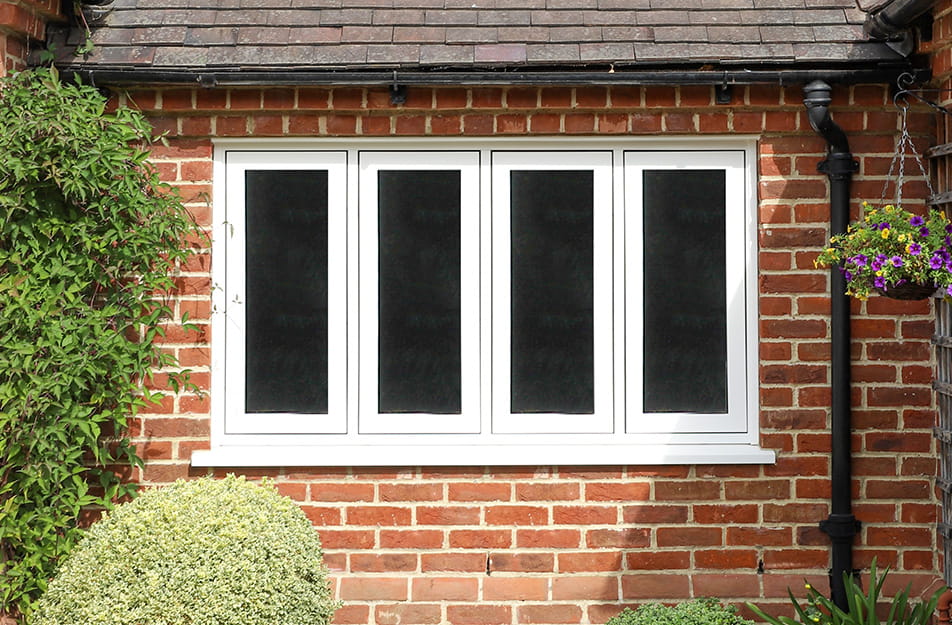Window installation is a crucial aspect of construction and renovation projects, playing a significant role in enhancing the aesthetic appeal, energy efficiency, and overall functionality of a building. Window installers, skilled professionals in this trade, are responsible for the proper installation, maintenance, and repair of windows in residential and commercial properties. This report aims to provide a comprehensive overview of the role of window installers, including their responsibilities, skills required, tools used, and the importance of their work in the construction industry.
Role and Responsibilities
Window installers are tasked with the installation of various types of windows, including Double Glazing St Albans-hung, casement, sliding, and specialized windows. Their primary responsibilities include:
- Preparation and Planning: Before installation, window installers assess the worksite to determine the type of windows required and the necessary measurements. They often consult with architects, builders, and homeowners to ensure that the selected windows meet design specifications and building codes.
- Removing Old Windows: In renovation projects, installers must carefully remove existing windows without damaging the surrounding structure. This process may involve taking out trim, siding, and other elements to access the window frame.
- Installing New Windows: The core of a window installer’s job is to fit new windows into the prepared openings. This involves leveling, securing, and sealing the windows to prevent air and water leaks. Proper installation is critical to ensure the windows function correctly and provide adequate insulation.
- Sealing and Insulation: Installers apply weatherstripping, caulk, and insulation materials to enhance energy efficiency and prevent drafts. They must ensure that the windows are airtight and watertight to protect against moisture intrusion and energy loss.
- Finishing Touches: After installation, window installers may be responsible for adding interior and exterior trim, painting, or staining to match the aesthetics of the building. They ensure that the final product is visually appealing and meets the client’s expectations.
- Maintenance and Repairs: Beyond installation, window installers may also offer maintenance and repair services. This includes fixing broken windows, replacing seals, and performing regular inspections to ensure windows remain functional over time.
Skills Required
To be successful in the field, window installers need a combination of technical skills, physical abilities, and interpersonal skills. Key skills include:
- Technical Proficiency: A strong understanding of different window types, installation techniques, and building codes is essential. Installers must be able to read blueprints and technical drawings.
- Attention to Detail: Precision is crucial in window installation, as even minor errors can lead to significant issues such as leaks or drafts.
- Physical Fitness: The job often involves lifting heavy materials, climbing ladders, and working in various weather conditions. Physical stamina and strength are important for performing these tasks safely.
- Problem-Solving Skills: Installers must be able to troubleshoot issues that arise during installation and find effective solutions quickly.
- Customer Service: Good communication skills are essential for interacting with clients, understanding their needs, and providing updates on the installation process.
Tools and Equipment
Window installers utilize a variety of tools and equipment to perform their jobs effectively. Common tools include:
- Measuring Tools: Tape measures, levels, and squares are used to ensure accurate measurements and alignment.
- Cutting Tools: Saws, utility knives, and chisels are necessary for cutting window frames and trim materials.
- Drills and Fasteners: Power drills and screws or nails are used to secure windows in place.
- Sealants and Caulking Guns: These are essential for sealing gaps and ensuring insulation.
- Ladders and Scaffolding: For multi-story buildings, installers often require ladders or scaffolding to access higher windows safely.
Importance of Window Installers
The role of window installers is vital in the construction and renovation industry for several reasons:
- Energy Efficiency: Properly installed windows significantly contribute to a building’s energy efficiency. This not only helps in reducing energy costs for homeowners but also supports environmental sustainability by minimizing energy consumption.
- Safety and Security: Windows are a key component of a building’s security. Skilled installers ensure that windows are securely fitted and functioning correctly, providing safety from intruders and protection against the elements.
- Aesthetic Appeal: Well-installed windows enhance the visual appeal of a property. They can improve curb appeal and increase property value, making them an essential aspect of both new constructions and renovations.
- Comfort: Quality window installation contributes to a comfortable indoor environment by regulating temperature and reducing noise pollution. This is particularly important in urban areas where external noise can be a significant issue.
Training and Certification
While formal education is not always required to become a window installer, many professionals undergo training through apprenticeships or vocational programs. These programs provide hands-on experience and knowledge about installation techniques, building codes, and safety practices.

Certification from recognized organizations can enhance a window installer’s credibility and job prospects. Certifications often require passing exams and demonstrating proficiency in installation methods and safety standards.
Conclusion
In summary, window installers play a critical role in the construction and renovation sectors, ensuring that windows are installed correctly and efficiently. Their expertise not only contributes to the aesthetic and functional aspects of buildings but also promotes energy efficiency and safety. As the demand for skilled tradespeople continues to grow, the role of window installers remains essential in creating comfortable and sustainable living and working environments. With the right skills, tools, and training, window installers can build rewarding careers while making significant contributions to the construction industry.






